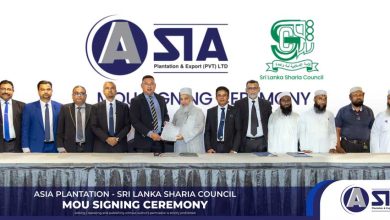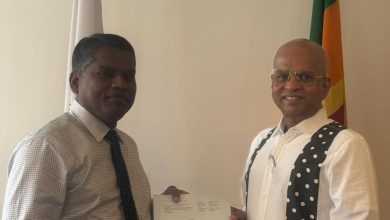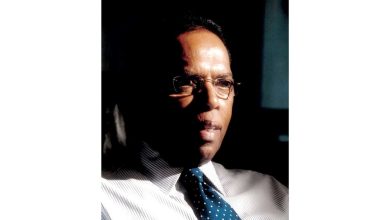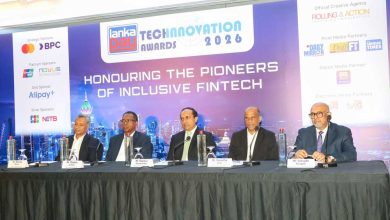ADANI GROUP
Adani Group dealings with other countries not Sri Lanka’s concern – President
18th December 2024: Adani Group’s investments in Sri Lanka have received strong backing from President Anura Kumara Dissanayake. In an exclusive interview with India’s Economic Times, he emphasized his government’s focus on the conglomerate’s local performance rather than its international dealings.
“What is important for us is how they work with us,” President Dissanayake stated, underlining his administration’s commitment to facilitate Indian investments while evaluating projects based on their merit for Sri Lanka. His government’s supportive stance particularly highlights the strategic importance of the CWIT project in strengthening regional maritime infrastructure.
The development comes as Adani Ports advances with the Colombo West International Terminal (CWIT) project, now opting for self-financing over the previously planned US DFC funding.
Adani Ports’ decision to self-finance the $700 million CWIT project demonstrates the group’s financial strength and commitment to the Sri Lankan market.
The decision to withdraw from the previously announced $553 million US DFC loan arrangement showcases the company’s financial independence. President Dissanayake noted, “I learnt that they have dropped it, but it seems they have their own sources of revenue or income for that,” reinforcing confidence in Adani’s financial capabilities.
The CWIT project, scheduled for commissioning in early 2025, represents a significant advancement in Sri Lanka’s maritime infrastructure.
While acknowledging environmental concerns raised about certain projects in the energy sector, President Dissanayake maintained a balanced approach. “We will be weighing the pros and cons of the case that is pending in the court, as well as the consensus of the people,” he stated, emphasizing that “Environmental concerns are as important as investment for Sri Lanka.”
The President’s approach reflects a careful balance between development needs and environmental responsibility, particularly regarding Adani’s potential investments in the energy sector. However, he expressed confidence in working with Adani Group on projects that align with Sri Lanka’s development initiatives.
President Dissanayake’s “stable government” aims to pave the way for more Indian investments, suggesting potential future collaborations with Adani Group. The successful implementation of the CWIT project could serve as a template for future infrastructure developments, combining international expertise with local partnerships.
The project’s progress and Adani’s commitment to self-financing demonstrate both the group’s financial strength and Sri Lanka’s attractiveness as an investment destination, despite broader regional economic challenges.





